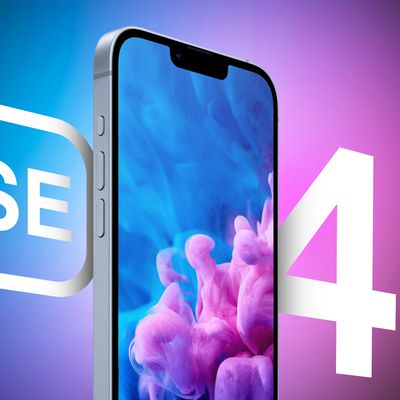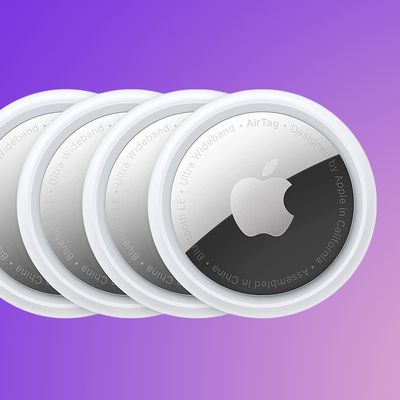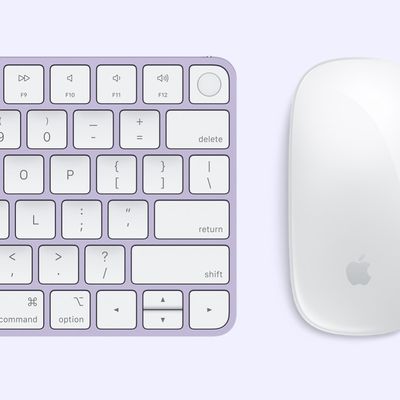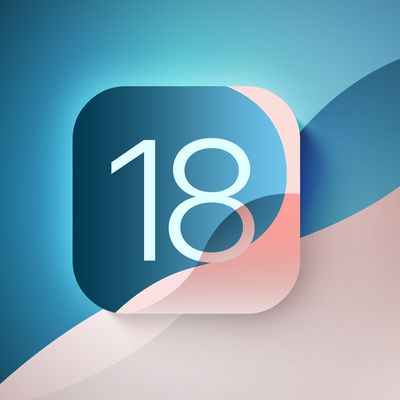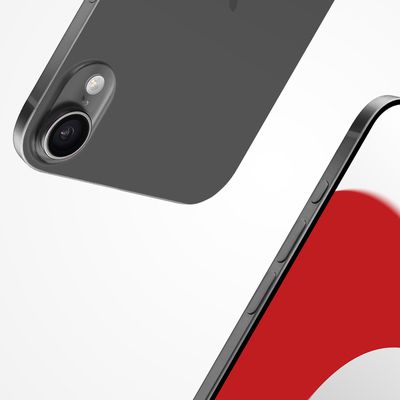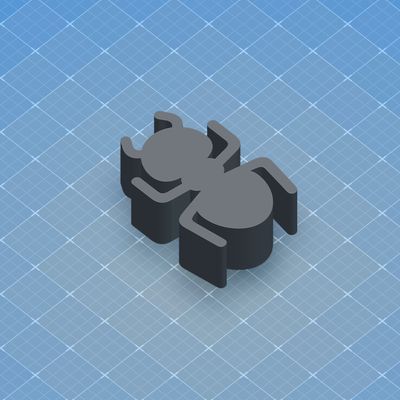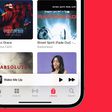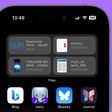After almost three weeks of availability, Apple's iOS 8 operating system is now installed on 47 percent of devices, according to new numbers posted on Apple's App Store support page for developers.
That marks a very slight increase in adoption over the past two weeks, as back on September 21, iOS 8 was installed on 46 percent of devices. 47 percent of iOS users continue to stick to iOS 7, possibly due to a number of bugs that have plagued the launch of iOS 8.
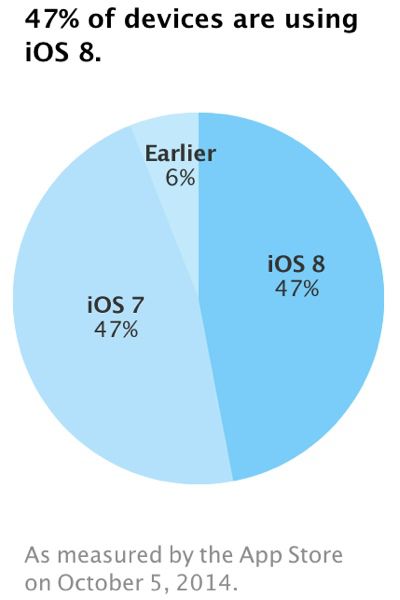
Just ahead of the launch of iOS 8, all HealthKit-enabled apps were pulled from the App Store due to a major HealthKit bug. A fix was quickly released, but the update, iOS 8.0.1, disabled the cellular service and Touch ID functionality on iPhone 6 and 6 Plus devices.
iOS 8.0.2 fixed the problems introduced with iOS 8.0.1 and brought several other bug fixes, but the publicity surrounding the iOS 8.0.1 issue may have discouraged some users from updating.
Along with the critical bug introduced with iOS 8.0.1, several other problems have come to light. An iCloud Drive issue with the "Reset All Settings" option causes iCloud Drive documents to be deleted from iCloud, and multiple users have experienced problems with Bluetooth. Furthermore, iOS 8 users have complained of other issues with the operating system, including slow wi-fi speeds and excessive battery drain.
Apple's iOS 8 adoption numbers closely mirror data from Mixpanel, which also puts iOS 8 adoption at 47 percent. iOS 8's adoption rate appears to be slower than iOS 7 adoption as Mixpanel's numbers last year put iOS 7 adoption at 69.7 percent 20 days after launch.
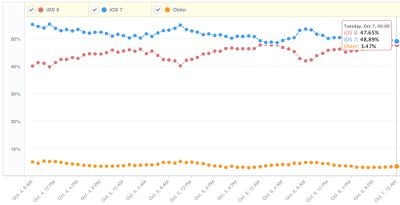
In late September, Apple stopped signing iOS 7.1.2, making it impossible for iOS 8 users to downgrade back to a previous-generation operating system. The company is working to combat the issues facing iOS 8, however, simultaneously working on iOS 8.1, 8.2, and 8.3.
iOS 8.1, seeded to developers last week, fixes at least one major problem, repairing the Bluetooth pairing issue many users have been facing. The update also includes support for Apple Pay, which is expected to debut in October.


